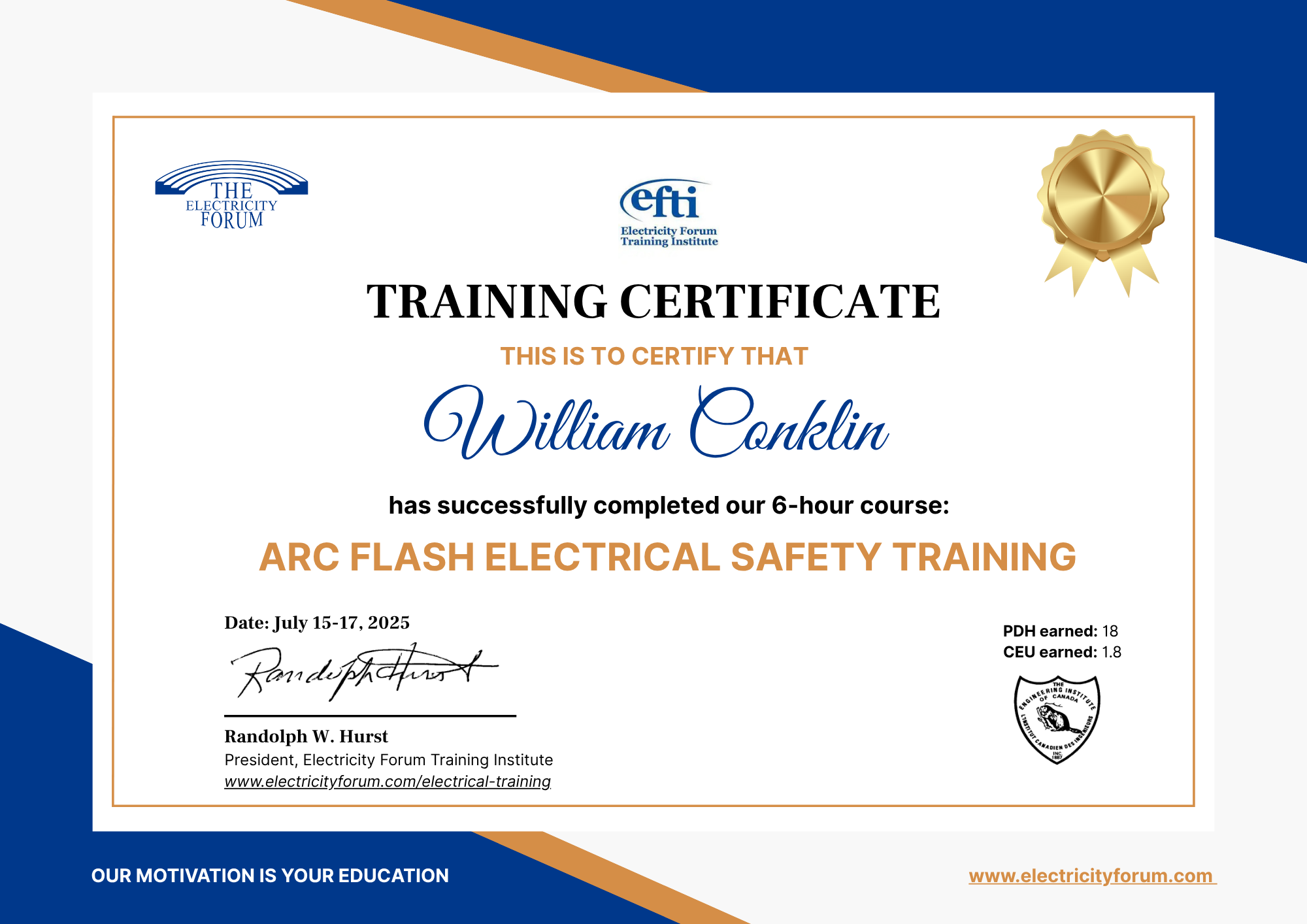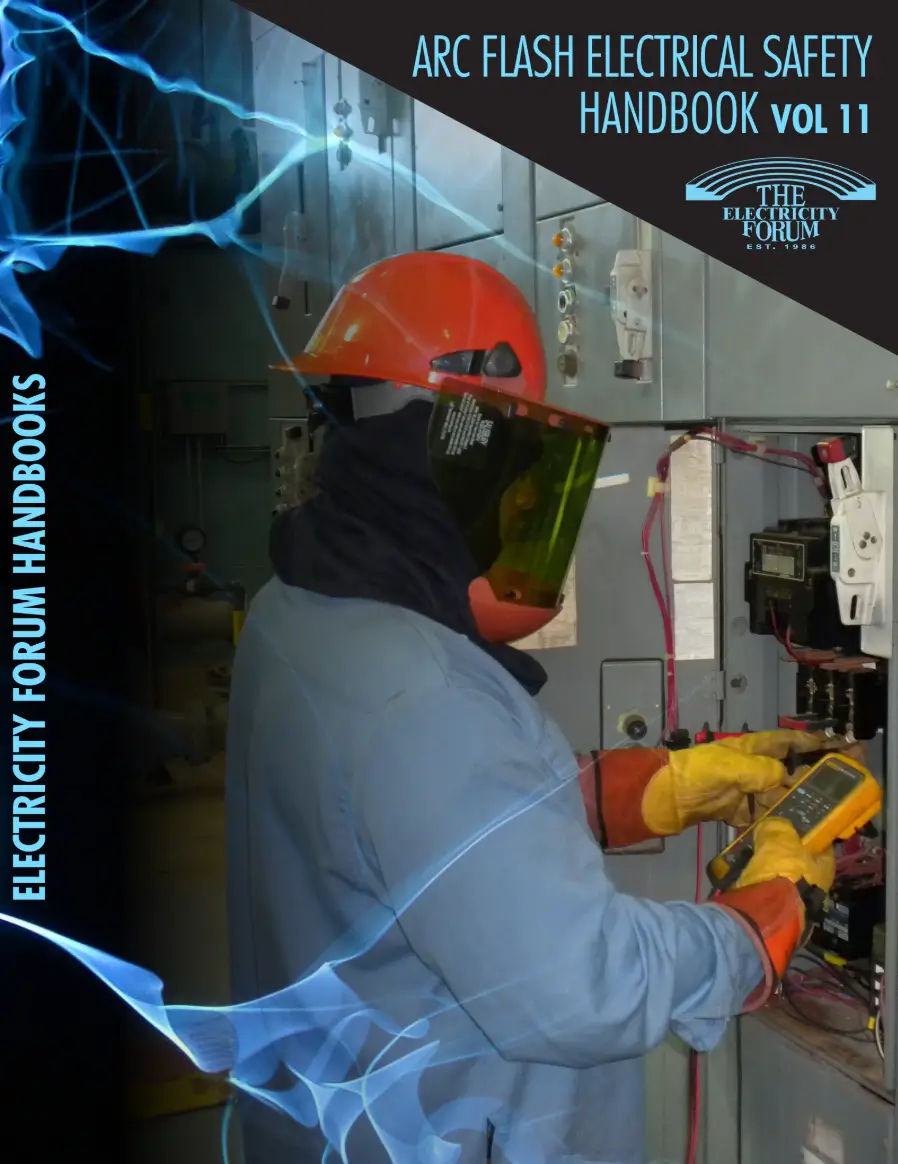- Energy Service and Electrical Contractors
- Electric Utility T&D Infrastructure Managers
- Electrical Project Managers
- Electrical Engineers working in Industrial, Commercial and Institutional Power Systems



The registration fee for this course is $599.
$499 (with coupon: save $100)
Register 3 delegates at full price $599, and get a 4th registration FREE!
This 12-Hour, 2-Day Energy Storage Systems Course presents students with a broad understanding and focus of electrochemical battery systems and will also cover a high-level description of other storage technologies such as pumped hydroelectric, compressed air, capacitors, flywheels, and gravity energy storage systems.
This live online, instructor-led Energy Storage Systems Course covers a broad range of subjects, including: battery storage developments, evolution, applications, and business opportunities. This course will provide students with a comprehensive understanding of the energy storage revolution. Specifically, students will gain insight into how to design and procure electrochemical energy storage systems, including the full life cycle process from sourcing to recycling.
Emphasis will be on grid-scale (or utility-scale) battery energy storage as a means of addressing the intermittency of renewable energy components (e.g. solar or wind power systems) and grid stability. Smaller energy storage systems will also be discussed such as residential and C&I energy storage systems.
Importance of Energy Storage
There is a global imperative to integrate electric utility grids and renewable energy supply. Driving innovation is energy storage technologies that have the potential to revolutionize the way energy is stored.
Energy Storage Systems modernize the T&D grid by supporting power and energy in several important ways:
Energy Storage Systems will decrease the costs of supplying electricity. As Energy Storage Systems prices drop dramatically, especially with the mass production of lithium batteries in electric vehicles and ESS, there will be dramatic growth in this industry.
This training course will highlight:
By the end of this training course, the participants will be able to:







Energy Storage Systems Course Program Outline
DAY ONE
SESSION ONE: OVERVIEW
SESSION TWO: ENERGY STORAGE TECHNOLOGIES
SESSION THREE: BATTERY ENERGY STORAGE SYSTEMS
CASE STUDY
DAY TWO
SESSION FOUR: BATTERY ENERGY STORAGE PROJECTS
SESSION FIVE: ECONOMICS AND BUSINESS MODELS
SESSION SIX: OPEN SESSION
COURSE SCHEDULE
Both Days:
Start: 10:00 am Eastern Time
Finish: 4:30 pm Eastern Time

The registration fee for this course is $599.






Fill out the form below with your name and email address.
Check your email for a message with a link to your $50 discount coupon.
Use the coupon code when you sign up for the Advanced Electrical Safety Training course to save $50 off the regular price.

Register 3 delegates at the full price of $249 each and get the 4th registration free! Perfect for companies, safety departments, and teams looking to train multiple employees at once.

Whether you choose live online or in-person instruction, our electrical training can be customized to your needs and delivered to your team at one or multiple locations.
Our instructors will work with you to assess your team's skills and tailor the training to match your requirements.
Complete this handy form and I will send you a FREE written Quotation on any electrical training you need! Or send me an email and I will contact you to discuss your electrical training requirements Today!
Explore 50+ live, expert-led electrical training courses – interactive, flexible, CEU-certified.
Download Catalog
Get detailed information about this course in our comprehensive brochure.
Download Brochure (PDF)Fill out the form below with your name and email address.
Check your email for a message with a link to your $50 discount coupon.
Use the coupon code when you sign up for the Advanced Electrical Safety Training course to save $50 off the regular price.

Register 3 delegates at the full price of $249 each and get the 4th registration free! Perfect for companies, safety departments, and teams looking to train multiple employees at once.
Explore our comprehensive training programs and find the perfect course for your professional development.
